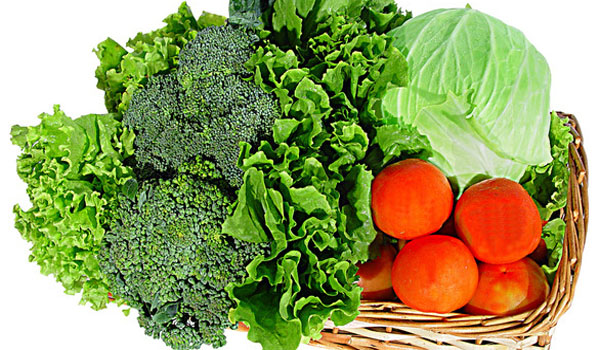Fresh vegetables still remain more popular than frozen by Australian consumers, according to a new study by Roy Morgan Research.
In the 12 months to June 2015, 87 per cent of Australians aged 14 and over ate fresh, frozen and/or canned vegetables at least once in an average seven days, a marginal increase on the same time last year (85 per cent). Fresh vegetables were the most popular, being consumed by 83 per cent of the population (up from 81 per cent in 2014), well ahead of frozen veges (50 per cent, with no change year on year) and canned veges (18 per cent, up from 17 per cent).
According to the findings, people aged between 50 and 64 years are the most likely to eat fresh vegetables in any given seven-day period (86 per cent); frozen vegetables are most popular with the 65+ age bracket (56 per cent); and canned veges hit their peak with 25-34 year olds and 35-49 year olds at 19 per cent each. As the chart below shoes, teenagers aged between 14 and 17 are the least likely to eat any kind of vegetable in an average seven days.

“For most Australians, eating vegetables fresh is by far the most popular way of consuming them, despite the frozen and canned varieties generally costing less. However, this is not necessarily bad news for retailers and/or producers of frozen and canned veges: it simply means there is room to improve,” Roy Morgan Research’s Andrew Price said.
“With a more thorough understanding of Australians who are most likely to eat frozen and/or canned vegetables, brands and retailers can target them with more accuracy. For example, Roy Morgan Research data shows that people born in the UK and the US are much more likely than those born in Australia to eat canned veges, as are those who eat a primarily vegetarian diet.Meanwhile, people who buy frozen/chilled ready prepared meals also tend to be more partial to frozen vegetables.
“But the biggest challenge lies with the nation’s teenagers. Vegetables are essential for a healthy diet, but clearly need to be marketed to this group in a way that resonates with their particular attitudes to food, cooking and health. ”

